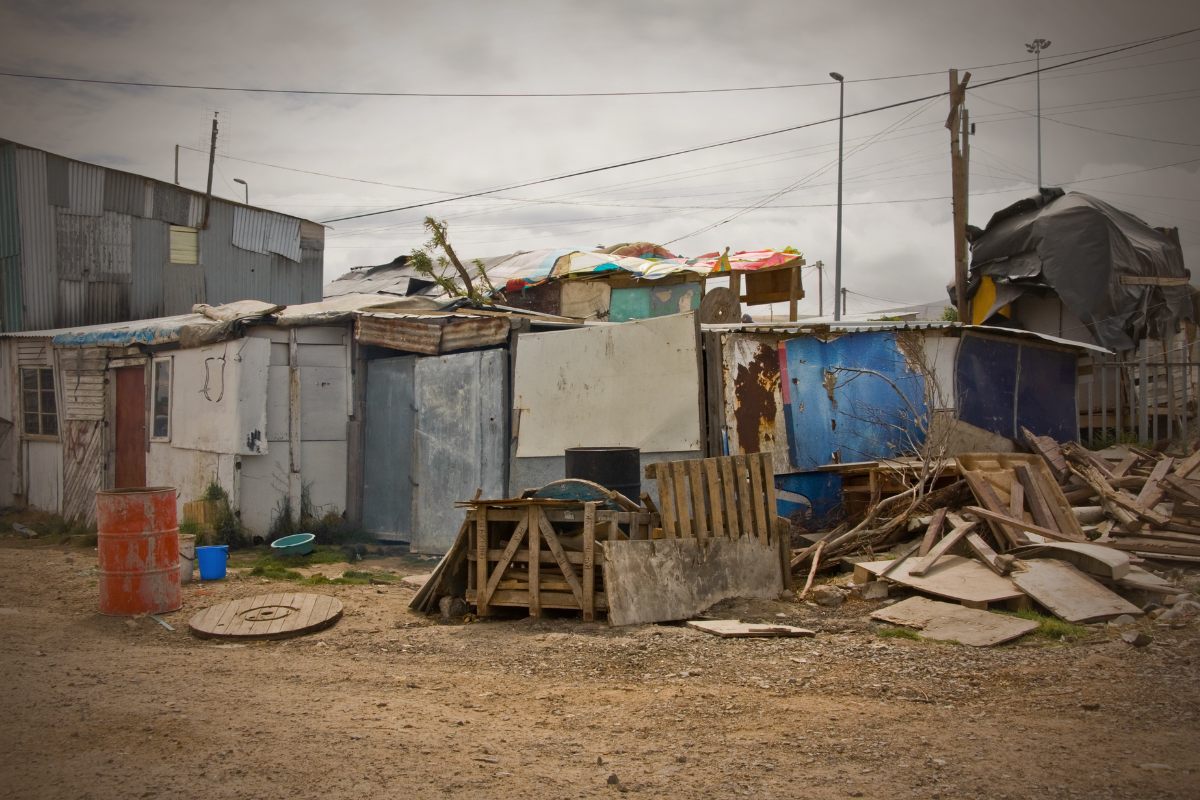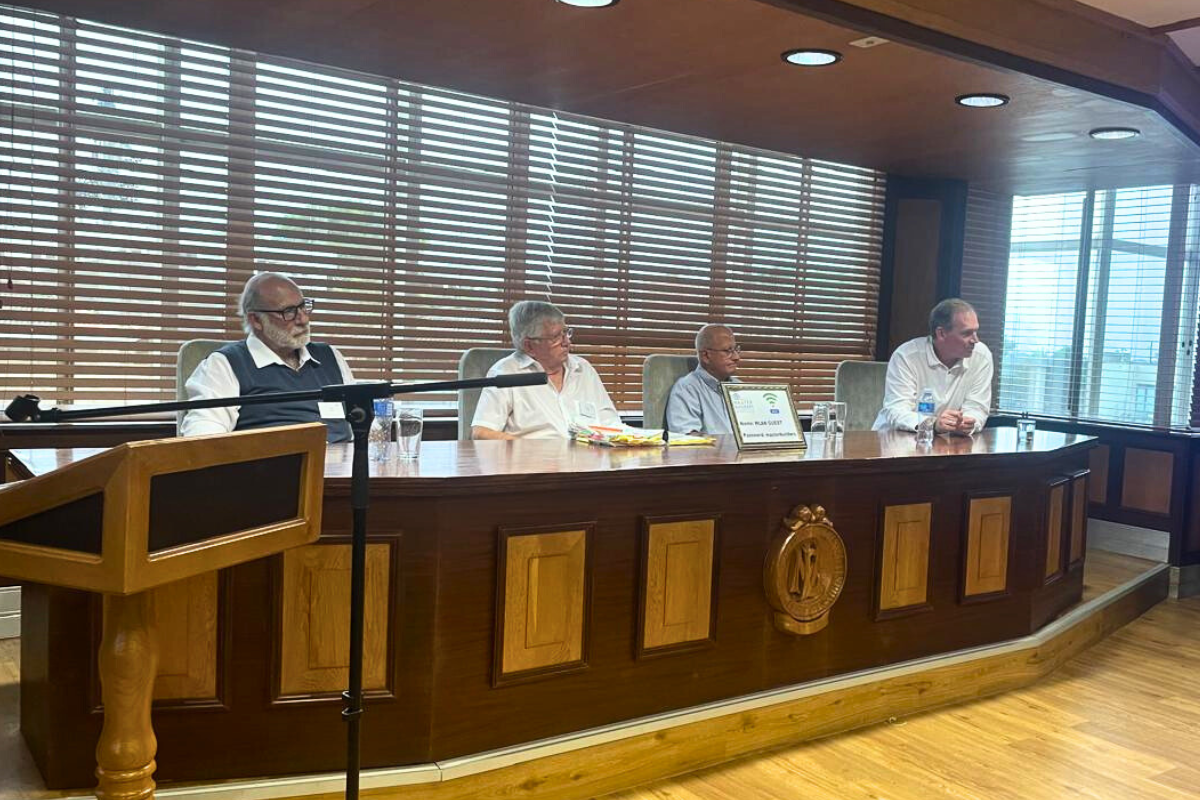PRESS RELEASE
It is well understood that the pandemic has been disruptive to our lives, habits, and entire industries. Restrictions and safety requirements have changed what we do, and where. The property market is one such industry which has seen massive shifts which may never be fully reversed – namely as a result of the growing work-from-home culture.
“The office space sector is going through the hardest time in South African history. At the same time, the residential sector is showing great resilience,” says Malusi Mthuli, President of the South African Institute of Valuers (SAIV). “These elements have come together to see a change in how property owners are using their space, in an effort to minimise vacancy risk.” The risk of vacancies is the possibility that an unexpected situation will cause the relevant real estate to stand unoccupied and thus not generate the anticipated income. Covid-19 has greatly increased the vacancy risk of offices.
“For owners of office blocks, conversion of their space to cater for residential needs is a logical option. They certainly can’t create industrial space, and retail space is very specific and isn’t a booming market right now. To convert some or all of your office block into housing is the easiest way to pivot in these trying times,” explains Mthuli. “SA is facing a 2-million unit housing shortage, so we are looking at sustained demand for middle-income rental units for people who don’t qualify for social housing but who can’t get bond approval.”
The converstion process
Not all office space is suitable for residential needs, but for those that are, Mthuli recommends working with the original architect and finding the most hassle-free way of restructuring the space. “You want to interfere with the building systems as little as possible – lighting, plumbing, ventilation etc. Changing these elements can be costly and will start eating into the return on investment if you decide to make big changes.”
He also recommends property owners to consult with town planners to ensure that the property can be rezoned. There might also be restrictions in terms of the municipal requirements regarding the floor area ratio, the number of parking spots, etc. “Municipalities are very strict about parking. However, luckily, the parking requirements for offices are often higher than the parking requirements for residential areas.”
Valuing converted properties
There is a lot that goes into valuing these converted offices – for example the legal standing of the property, whether there are up-to-date building plans, sign off from the structural engineer, fire prevention measures, etc. “However, it doesn’t end there. The valuer will look at aspects such as the market, the type of units on offer, the location as well as the maintenance needs. The valuer will have to consider the physical structure and the condition of the building – for example, drywall versus brick-and-mortar walls. These elements change the marketability of the property. Valuation is all about supply and demand,” explains Mthuli. “Then, the valuer will have to look at the relevant investment return of other similar properties to understand what kind of asset he/she has on hand.”
Returning to the office
As South Africa moves between lockdown levels and vaccines continue to roll out, there is a buzz around a return to the office. However, the SAIV predicts that this will not be an across-the-board return. “While some businesses may be recovering from the lockdown and seeing some growth, it will take more than this to see a full return to the traditional office environment. Many businesses won’t consider office space and the associated rental fee as a necessity while they are recovering,” concludes Mthuli.



